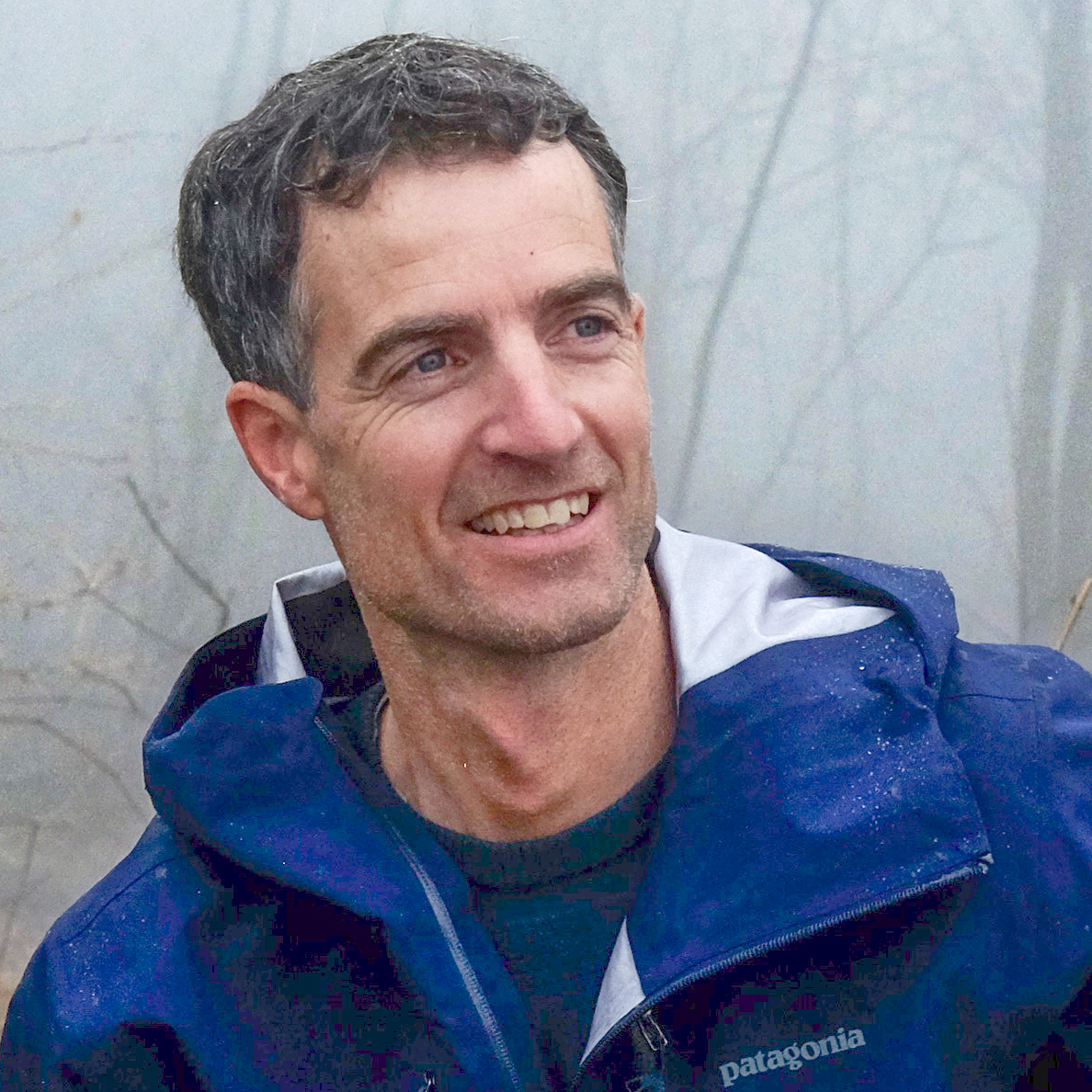From Systems Engineering to Systems Sensing: How to (non)engineer Living Systems?
Building bridges, this year’s conference theme: Sometimes we build bridges, sometimes we let bridges grow, sometimes a system may benefit from not bridging.
In today’s increasingly complex and interconnected world, the systems we design, manage, and interact with are evolving beyond static structures to resemble living organisms—dynamic, adaptive, and self-organizing. These living systems challenge traditional systems engineering approaches that may prioritize control, predictability, and rigid planning. As a partnering approach, these challenges call for a shift to allow systems sensing to become a valid synergistic approach, where adaptability, real-time responsiveness, and co-evolution with the environment are key.
This shift is not only technical but deeply emotional and cultural. Engineers, traditionally trained to focus on precision and predictability, are challenged to embrace a mindset of organic emergence, that welcomes uncertainty and emergence as opportunities for innovation, to build bridges between opposing worlds.
In this transition, the use of Artificial Intelligence (AI) plays a pivotal role. AI enables engineers to gather real-time data, model complex systems, and sense emergent behaviors, making it a critical tool in both systems engineering and systems sensing. While AI offers powerful tools to aid this transition—helping to sense, analyze, and adapt in real-time—AI alone cannot solve the deeply human aspects of this shift, as this transformation requires much more than technological solutions. Cultural shifts, emotional intelligence, adaptive governance, and new work styles are needed to embrace uncertainty and emergence.
Engineering is challenged to curate a mindset that accepts complexity and ambiguity as opportunities for innovation rather than problems to be controlled. This involves fostering reframing complexity, transdisciplinary collaboration, embracing adaptive processes, and developing embodied awareness of how we work within and alongside living systems. In living systems, bridges may grow where and when they are of value to the system. At times, it may mean to not bridge systems, but let bridges emerge, where context defines purpose.
By examining living systems laboratory type of illustrations, we explore how the interplay of AI and living systems sensing can lead to more resilient, sustainable, and life-centered outcomes. Engineers are invited to co-create with complex systems, leveraging AI as a supportive tool to focus on the life-centered human capacity to sense, adapt, and nudge living systems toward desired outcomes without rigid control.
This keynote explores how embracing both the rigor of engineering and the fluidity of systems sensing, supported by AI, can enable engineers to co-evolve with the systems they design. It highlights how to cultivate emotional intelligence and adaptive cultures that can thrive in an increasingly uncertain, complex, and emergent world.

Tobias Luthe (PhD) is an academic transdisciplinary hybrid. He was originally trained as MSc forest scientist, with majors in environmental economics, wood technology and passive house design, and holds a 2nd Masters in education on sustainability. His PhD is in social-ecological resilience of mountain systems.
At ETH Zurich, Tobias is Program Director of the learning program “Designing Resilient Regenerative Systems”, containing a global free-access massive open online course series, and an executive Master of Advanced Studies in Regenerative Systems.
He leads the ETH Systemic Design Labs group who offers the DRRS program. Tobias is Associate Professor for Systemic Design at The Oslo School of Architecture and Design, Norway, and co-founding Director of the MonViso Institute in the Italian Alps, a living systems lab, a real-world mountain laboratory for sustainability transitions and regenerative design, and a bioregional weaving hub. At MVI, Tobias designed and built the passive net-positive “regenerator” house Il Doppio. He co-founded Grown, a design-as-nature lab and experience collective, winning industry awards for bio composites, such as inventing the first hemp bio-composite skis.
Tobias is a mountaineering guide and photographer and leads the Mountain Resilience Group at the Mountain Research Initiative, hosted at the University of Berne.